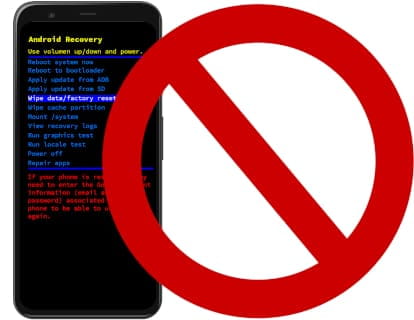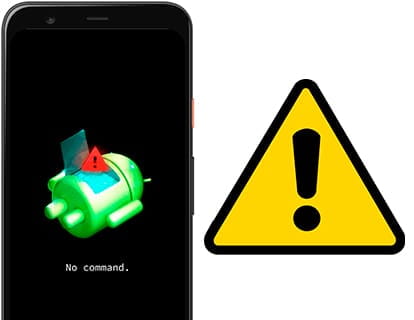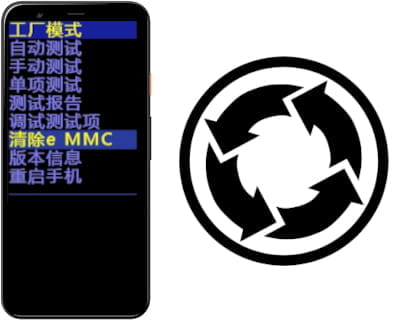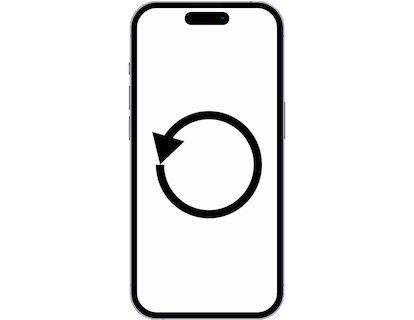Factory reset Xiaomi Pad 6

How to reset or restore a Xiaomi Pad 6
If your Xiaomi Pad 6 smartphone is running very slowly, hanging, you want to bypass the screen lock, or you have a full memory and want to erase everything, or you want to sell or give it away and want to ensure that nobody can access your files and passwords, you can do a factory reset to restore it to its original state like the first day.
In the following steps we explain how to format the Xiaomi Pad 6 to erase all your information and make it totally clean as it came out of the store.
Before doing a factory reset, we recommend deleting all the accounts on the device, specifically it is useful to unlink the Google account if you are going to sell, donate, or give away your Pad 6. This will avoid problems for the new user, as some newer devices include a functionality called FRP (Factory Reset Protection) that requires the same Google account or PIN code with which the Xiaomi Pad 6 was initially configured when factory resetting a device.
Keep in mind that a reset or return to the factory state on a tablet deletes all its content, so make a backup of your data before doing it if you don't want to lose everything.
In case you do not want to erase the data from the device, you can try to restart the Xiaomi Pad 6..
There are two ways to do a reset on a Xiaomi Pad 6 one through the mobile options and another more complete from the recovery mode.
Table of Contents:
Restore from the options of Xiaomi Pad 6
If you want to make a reset using the device options to return to the factory state a Xiaomi Pad 6 you have to follow these simple steps:
Estimated time: 5 minutes.
1- First step:
To access the settings menu on your Xiaomi Pad 6, look for the icon that resembles a cogwheel. Click or tap on it to open the settings menu.
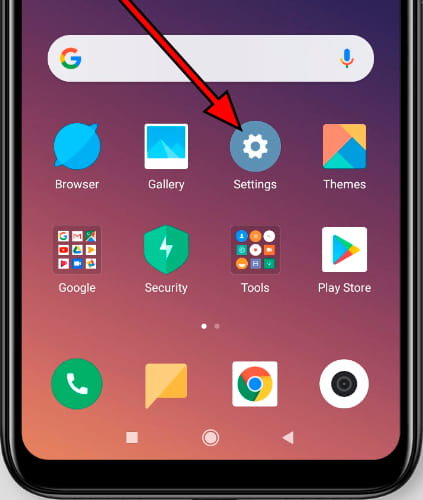
2- Second step:
Go down through the settings of the Xiaomi Pad 6 by sliding your finger from the bottom to the top of the screen until you find the “Additional settings” section, this is the option that has an icon with three ellipses on the left. Click to access.
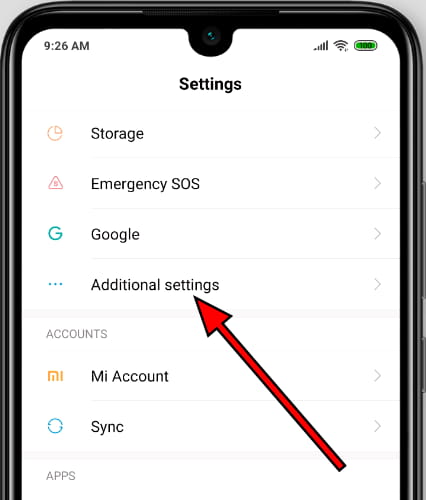
3- Third step:
Scroll down the screen until you find the section called “Backup & reset.” Click to access.
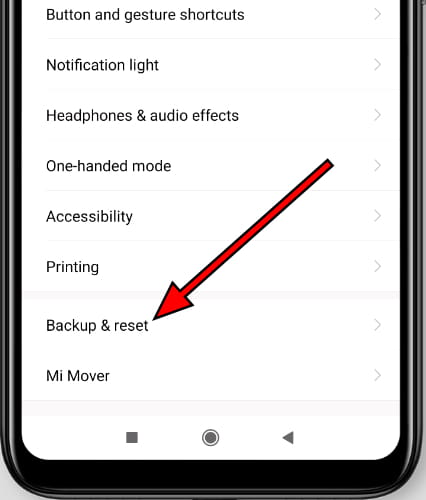
4- Fourth step:
Click on “Erase all data (factory reset)” from this section it will allow us to restore the network options, applications or reset the Xiaomi Pad 6 completely.
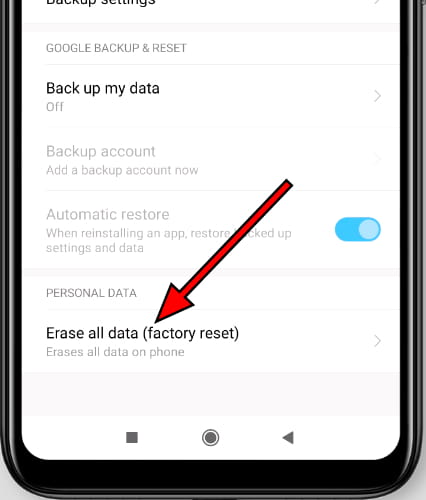
5- Fifth step:
Click on the first option called “All files on the phone” to make a complete format of the Xiaomi Pad 6.
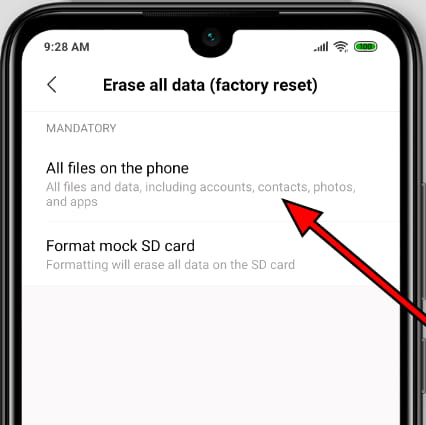
6- Sixth step:
A first confirmation message will appear reminding you that all your data will be deleted from this device, the data you have uploaded to Google, Facebook, Twitter, Instagram or backup copies that you have in the cloud, such as Google Drive, Dropbox or One Drive, will not be deleted. Press “Next step”.
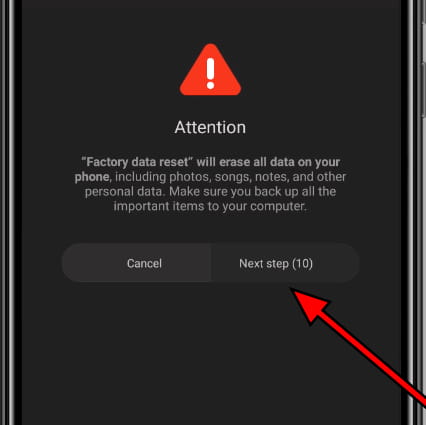
7- Seventh step:
A second confirmation message will appear indicating that all information stored on the Xiaomi Pad 6 and all downloaded applications will be erased and reminding that this action cannot be undone. If you agree, click on “OK”.
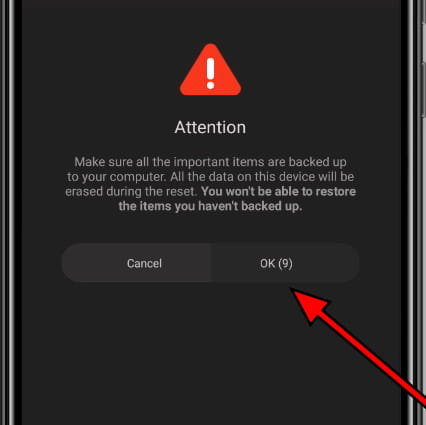
8- Eighth step:
If necessary, draw the screen unlock pattern or enter the screen unlock password or PIN to continue.
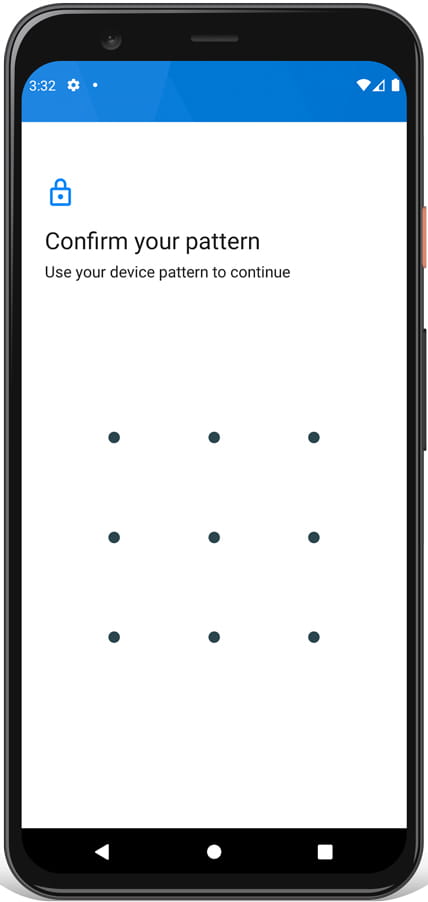
9- Ninth step:
Your device Pad 6 from Xiaomi it will restart and take several minutes to start while restoring the device to its factory state and optimizing the applications pre-installed in the operative system Android 13, MIUI 14.

If you cannot turn on the Xiaomi Pad 6 and therefore you cannot perform the factory restore from the device settings, this method does not work for you and you should consult the tutorial to hard reset Xiaomi Pad 6.



